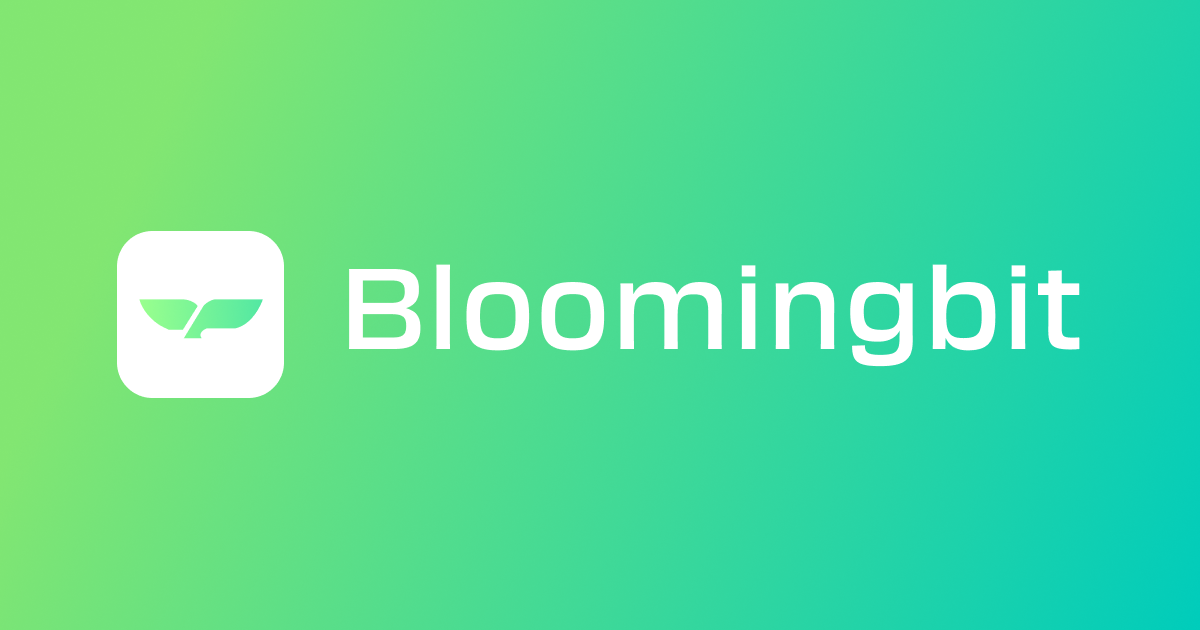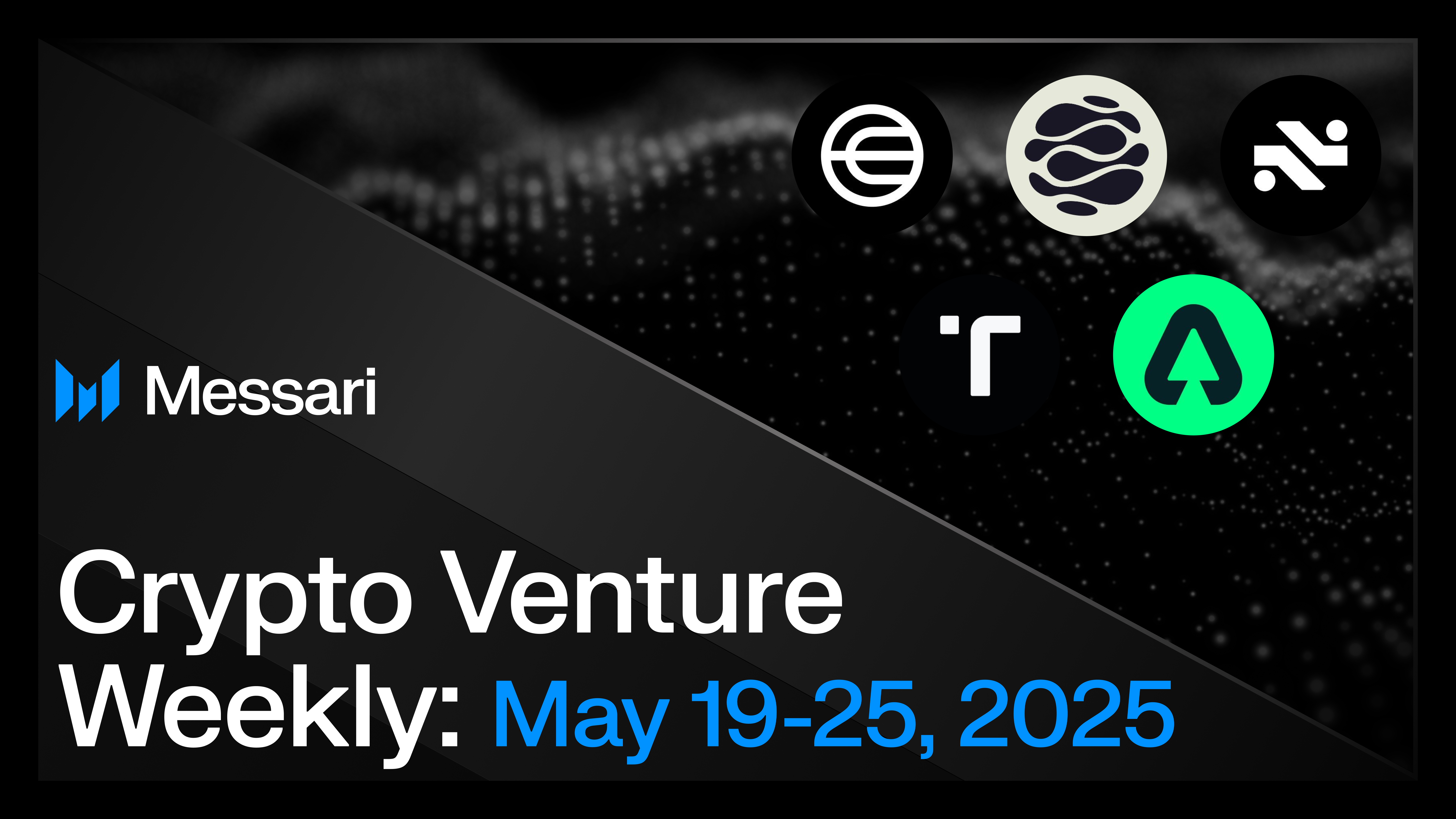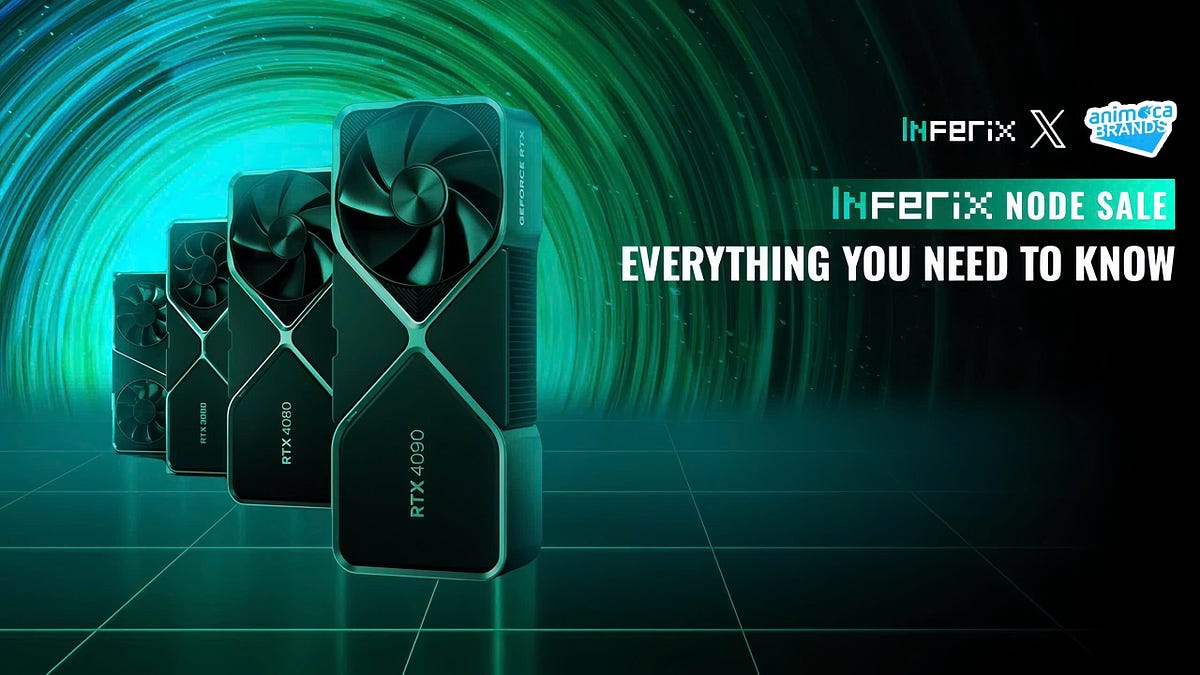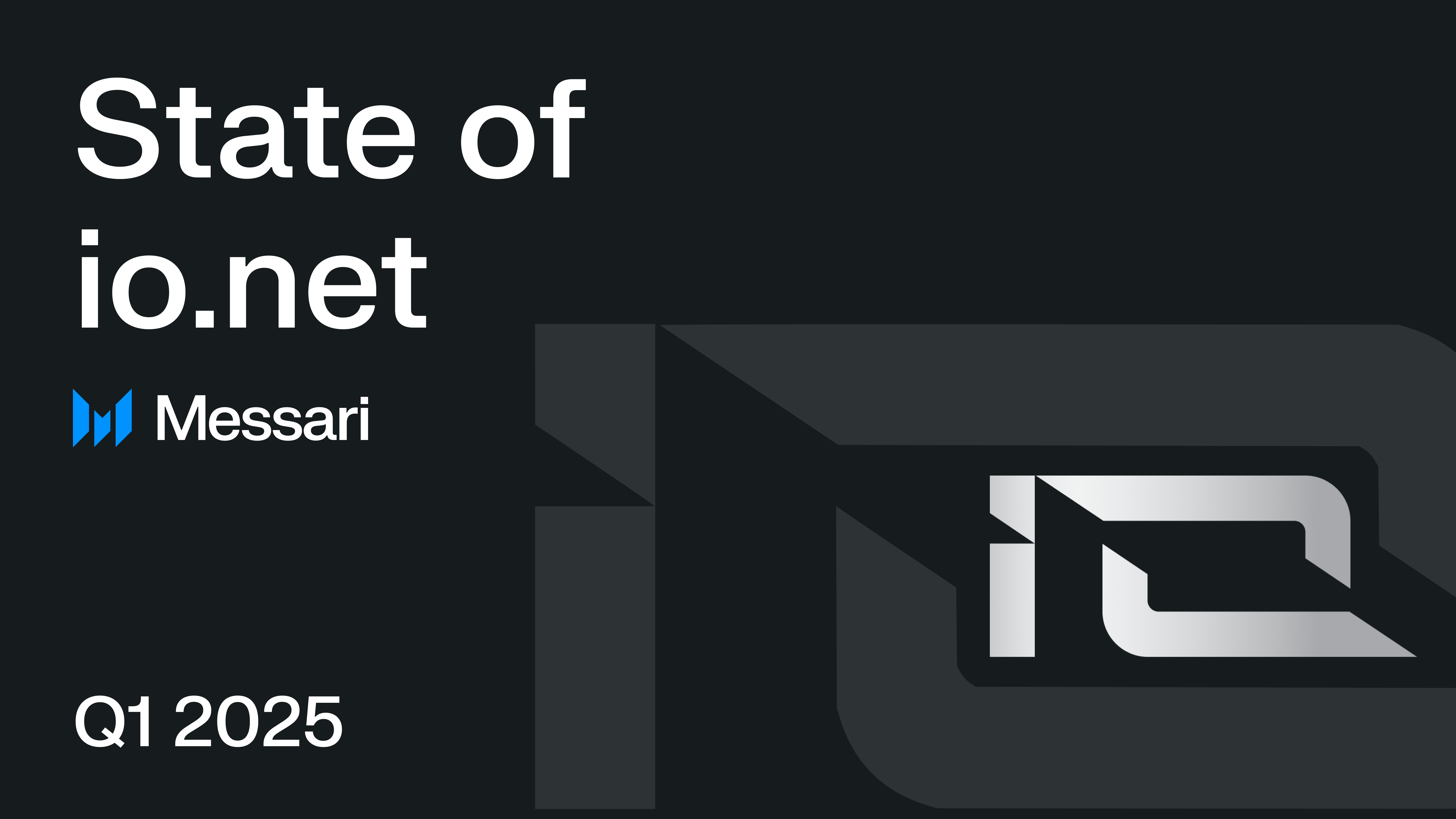VanEck Invests $2.5 Million in Solana-Based DePIN Project Dawn

VanEck, a prominent global asset manager, has made headlines with its recent investment of $2.5 million in the Solana-based DePIN project known as Dawn. This significant financial commitment is particularly noteworthy as it marks the first occasion where multiple funds under the VanEck umbrella have collectively invested in a single entity. The investment is poised to facilitate the development of internet-sharing mini-networks, which will enhance connectivity for users, while also focusing on the expansion of the retail market through innovative hardware solutions.
The announcement, reported by crypto media outlet Blockworks, highlights the collaboration between VanEck’s Digital Asset Alpha Fund and VanEck Ventures in this venture. The funds will be directed towards creating decentralized networks that leverage blockchain technology to improve physical infrastructure and systems. By utilizing the Solana blockchain, DePIN aims to revolutionize the way tangible infrastructure is managed and accessed, promoting a more decentralized approach to internet sharing and connectivity.
This investment not only underscores VanEck’s commitment to advancing blockchain technology but also reflects a growing trend among traditional asset managers to explore opportunities within the crypto space. As the DePIN project Dawn progresses, it is expected to pave the way for innovative solutions that enhance user experience and expand market reach, further solidifying the role of blockchain in modern infrastructure development.
Related News





